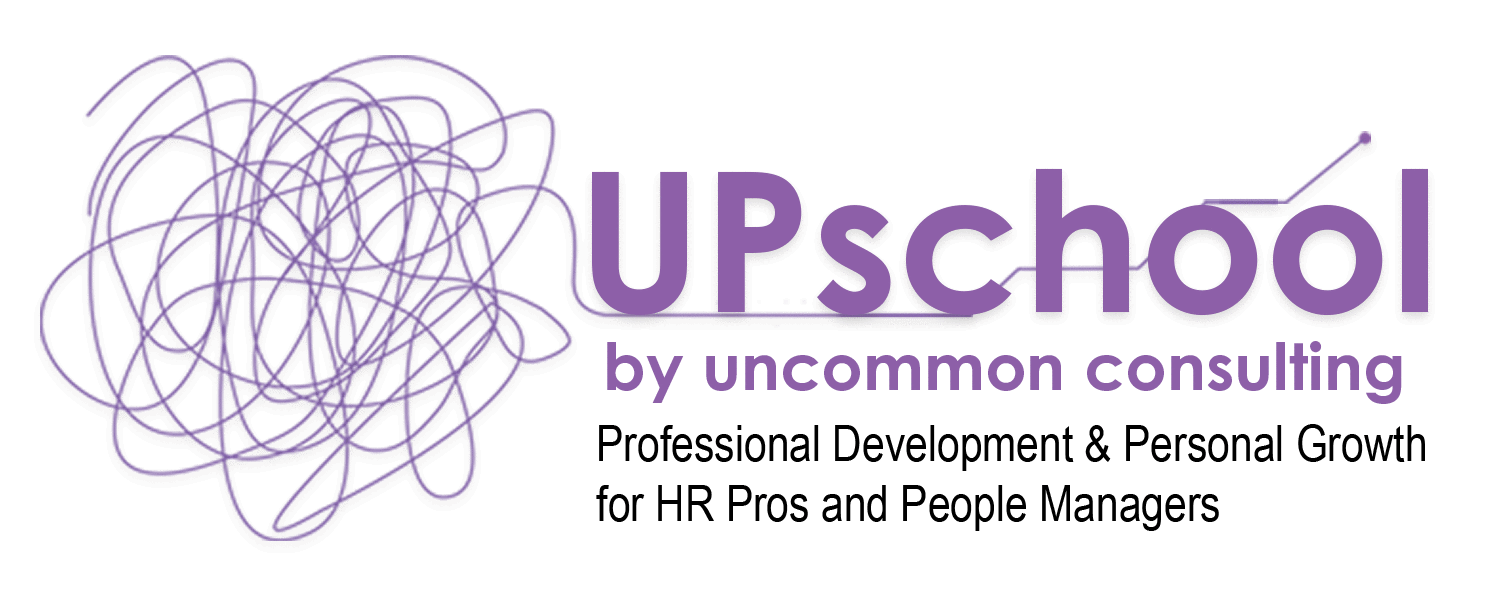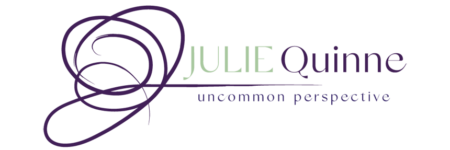We are experiencing a mind-blowing confluence of change and challenge in this moment. I mean, this year is literally joke: When does 1918 + 1929 + 1968 not equal 5815? Answer: When it’s 2020.
Any ONE of these crises (the pandemic, the economic hardship, the civil unrest…) and any ONE of the changes/challenges they necessitate:
- Wearing a mask
- Losing a loved one
- Staying home
- Working differently
- Adjusting to a new (or no) job
- Tightening belts
- Loss of childcare
- Calls for justice
- Fear for one’s safety
- Reckoning with white privilege and complicity
- …
would be enough to distract and distress us but each of us is dealing with some combination of many, if not all, of these at once.
Crazy-making Chaos
Normally, we’re not all going through this level of change all of the time which – normally – allows us to be there for one another, to empathize, compare experiences and lend support. But this is not normal. This is crazy-making. And this level of crazy-making produces a number of unproductive side-effects. Most notably, in the face of change/challenge, the human brain goes into threat response (resistance, defense, withdrawal). Consider the phrases: “I was so mad I couldn’t think straight” or “I was scared silly”. Neuropsychologically, those phrases are accurate. When we are in threat response, the parts of our brain associated with rationale thinking and planning are shut down in favor of our fight/flight/freeze response. This is not ideal for workplace productivity.
Stop Helping!
Our instinct, when encountering a distressed friend, family-member or colleague, is often to help lessen the distress by offering solutions, ideas, support and encouragement. You may have tried this recently and found it to not be as effective as it has been in the past. In fact, you may have found yourself on the receiving end of an unappreciative and indignant lion’s roar of “no thank you” when your distressed friend bellows “YOU HAVE NO IDEA WHAT I’M GOING THROUGH SO JUST SHUT UP WITH YOUR STUPID HELP!!!!”. Or perhaps it was you who has recently bellowed.
When we are at this extreme level of chronic distress, we are in threat response and unable to take in new information. Meaning we are literally incapable of “seeing the bright side”, “getting perspective”, “taking a step back” or “counting our blessings”.
Five Critical Benefits to Asking Questions
In order to calm the threat response, we need to address and disarm the threats. That’s where questions come in and give us these three critical benefits:
- Reduces threat response
- Resurrects ability to think and plan rationally
- Validates individuals and connects people through empathy
- Reconnects to possibility
- Lays the foundation for real change and growth
Start Listening
One of the most important things we can do in these times of unprecedented challenge and change is to listen. Listen to employees who are struggling at home. Listen to Black professionals who endure microaggressions daily. Listen to colleagues who require additional accommodation for health reasons. Listen like our lives depend on it. Because these days, they may. Here’s a resource:The Power of Inquiry
 If you are a human resource management professional or people manager interested in learning more about leadership development, #HRSelfcare and motivation, consider joining UPschool. As an UPschool member you have access to programs, workshops, tools, templates and expert guidance/coaching for professional development. Unlock your best capabilities!
If you are a human resource management professional or people manager interested in learning more about leadership development, #HRSelfcare and motivation, consider joining UPschool. As an UPschool member you have access to programs, workshops, tools, templates and expert guidance/coaching for professional development. Unlock your best capabilities!
Stay connected with me! Join Newsletter
